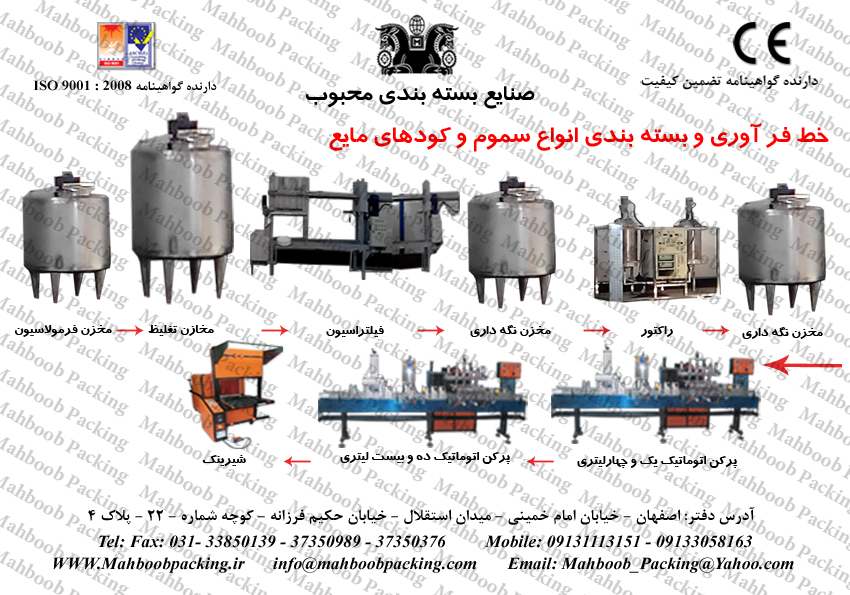불만 | Effective Solutions
페이지 정보
작성자 Deon 작성일25-05-07 09:30 조회69회 댓글0건본문

In the textile sector, filter presses are used to remove impurities and improve liquids purity. The machinery is equipped with a series of plates frame and plate filter frames that are arranged in a particular pattern, allowing for the efficient separation of solid particles from liquids. This process contributes significantly to reducing liquid usage and minimizing harm.
In the treatment of colors, for instance, filter presses are necessary for removing any residual staining from the water used in production methods. This not only helps maintain water quality but also helps prevent pigmentation during the finishing process, ultimately leading to a superior final product.
The progression in textile technology has led to an increase in the use of water-based processes, prompting a higher requirement for efficient filter presses. This has witnessed a growth in the adoption of modern methods, such as belt presses and membrane filter presses, which offer improved operational productivity and reduced maintenance requirements.
A trend seen in the textile industry is the preferential use of more environmentally friendly products and processes. With the implementation of more stringent laws, filter presses have become an essential tool for maintaining water quality and preventing pollution in textile facilities.
Moreover, changes in market requirements, such as a higher preference for sustainable clothing, has heightened the importance on sustainability in the textile industry. This enables filter presses to contribute to sustainable practices in textile production and supply chain management.
Global market trends indicate an upward trajectory for the filter press market, driven primarily by the increasing demand for sustainable textile production. As textile manufacturers seek to produce more sustainable products while complying with laws, the role of efficient filter press machinery will continue to grow in significance.
Furthermore, upcoming trends in the industry, such as advanced digital technologies and Industry 4.0, show potential to further enhance the productivity of filter presses and improve overall output in textile manufacturing plants.
Overall, the textile sector's growing demand for more sustainable textile production and increased awareness of laws will only serve to increase the adoption of filter presses, ensuring efficient performance and superior product quality in textile manufacturing facilities.
댓글목록
등록된 댓글이 없습니다.

